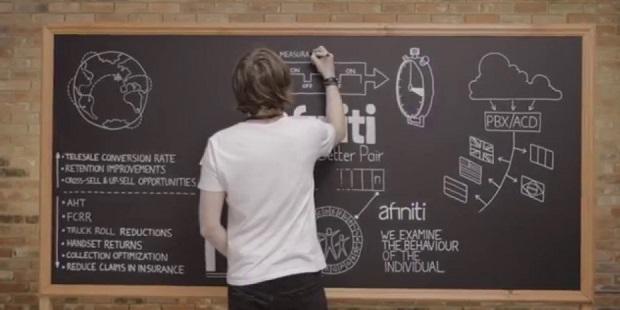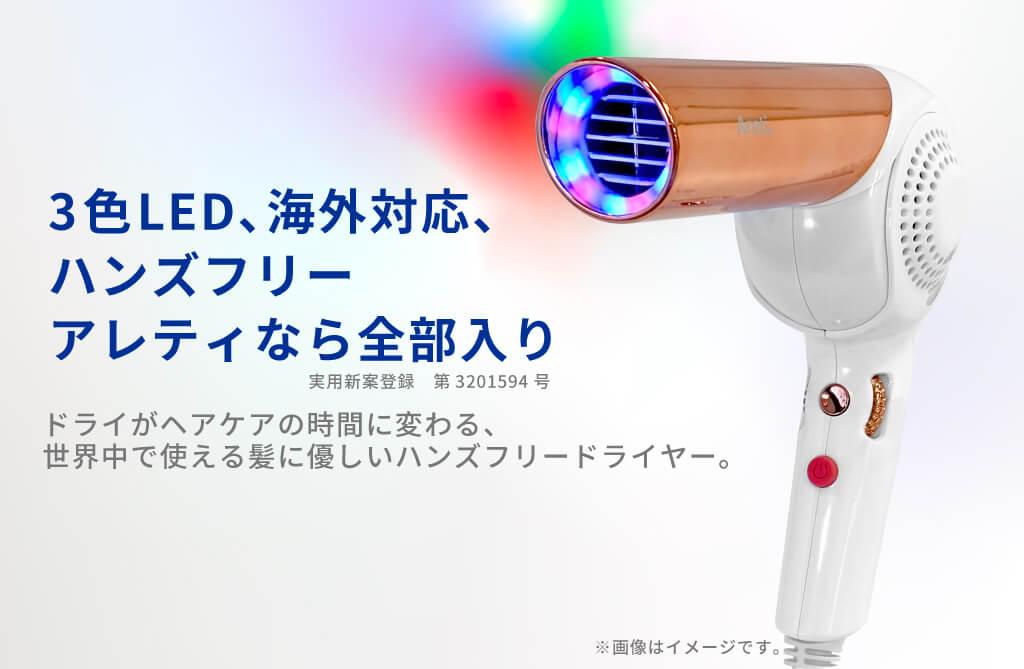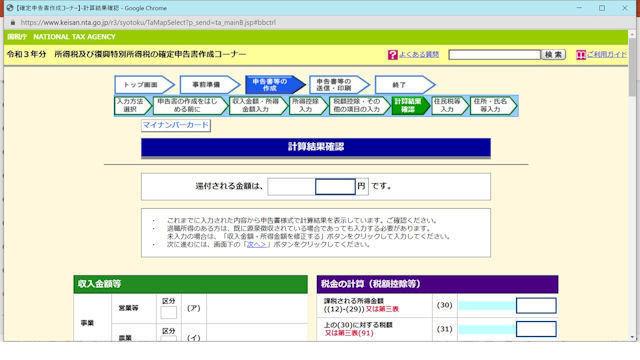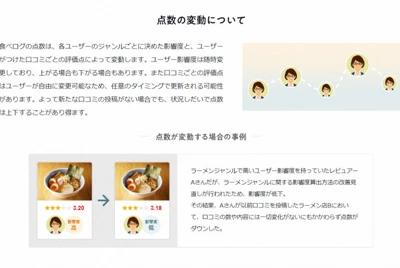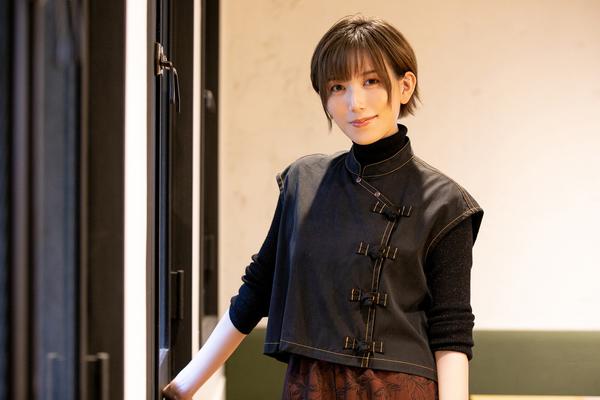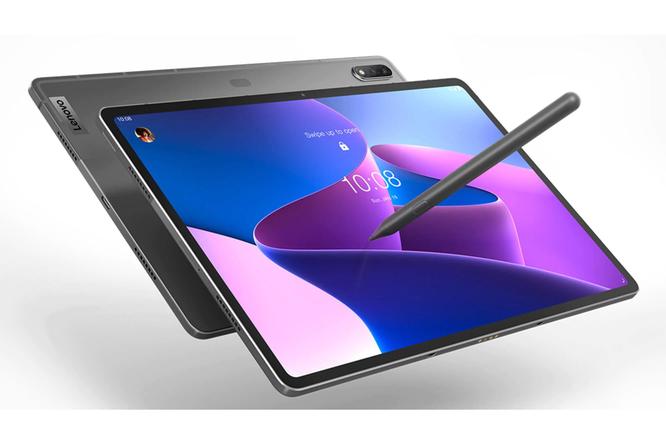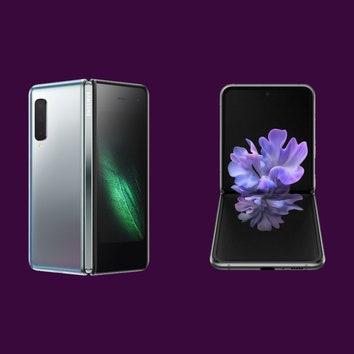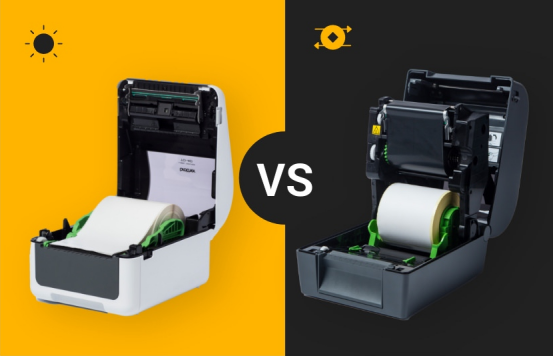Does anyone need a "carry carrier email" service? Not in? | @DIME At Dime
■ Serialization / Smartphone conference of Takayuki Horin, Atsushi Ishikawa, Junya Ishino, Asako Fusano
"Smartphone talk" that you can understand the back side of the industry by four people who are interviewing at the forefront of the smartphone industry. This time we will discuss carrying carrier emails.
* We are taking measures to spread the infection of the new coronavirus.
"Carrying carrier email" promotes online brand transition?
Mr. Fusano: You can carry your mobile phone email address and carrier email. When did you start?
Carrying docomo mail
Mr. Fusano
Mr. Ishino: Last year, from mid-December 2021. Because the Ministry of Internal Affairs and Communications requested that it start by the end of the year. It seems that Softbank started at the last minute because the monthly billing plan was not in time for the start.
Mr. Ishino
Mr. Fusano: You have started 3 careers.
Mr. Ishino: Of course.
Mr. Fusano: Is it easy to carry your email address?
Mr. Ishino: It's basically the same as provider email. You can leave your e-mail address when you cancel the provider that provides the Internet connection service. If you set a POP server or SMTP server name when you make a contract with another provider, you can send and receive emails up to that point. Carrying this carrier email is also a service that allows you to leave the server information and setting information of the email address when you cancel the carrier, and it costs money to operate, so you should get the money for that amount (330 per month). Yen. Softbank is 3300 yen per year, and 330 yen per month will be offered after the summer of 2022). Various methods were discussed at the Ministry of Internal Affairs and Communications, and it was also considered to forward the mail sent once like MNP, but since the technical load will be heavy, the simplest is to leave only the contract of the email address and the server information. It became a form of let's do it.
Mr. Ishikawa: I wonder if people who are tied up with career emails will do that much.
Mr. Ishikawa
Mr. Fusano: That's right. Setting up email is quite difficult, isn't it?
Ishikawa: Everyone used carrier email because it could be used without thinking. For example, I think it's subtle if anyone can say, "Cancel DoCoMo and make it IIJmio. I want to keep the carrier email address, so I will set up the email." Also, in order to use the carrier mail carrying service, you need a d account or au ID, and what about the state of being connected to the carrier there? The Ministry of Internal Affairs and Communications feels that the packing is not so good. When I was asked "I quit docomo, I came to IIJmio, huh? The communication speed in the daytime is a little slow, should I go back to docomo?", I have a d account, so I can easily return. With that in mind, I'm wondering what it's like.
Mr. Ishino: Carrying carrier emails was originally requested by some MVNOs. If the inability to use carrier emails is a barrier to migration, it was said that we should make the email address portable, but when we started and opened the lid, Docomo said, "When switching to ahamo. You can use your e-mail address as it is, "and KDDI said," If you leave your e-mail address when you move to UQ mobile or povo, you can carry au e-mail. " It has become. For carriers, it has become a presence to facilitate brand transition. I thought that I was using the mail carrying system.
Carry au mail
Mr. Ishikawa: Before, you did various things so that people other than major carriers would be activated. This is also the case with carrying emails, and we have taken various measures to ensure the quality of used terminals so that used terminal companies can get excited. However, following au, Softbank also started handling certified second-hand iPhone products. If you think that a new product is expensive, you should buy a used terminal with a carrier, and I think you will remain tied to the carrier. I think my career is getting more and more advantageous.
Mr. Fusano: Certainly.
Mr. Ishino: It seems that the MNO people are squeezing their wisdom.
Mr. Ishikawa: Before Prime Minister Suga, there was a section where the carrier thought, "It can't be helped to lose users to the MVNO to some extent," or "Because the government is noisy, there is competition, so it can't be helped." Since Mr. Suga became Prime Minister, I have finally come to the point that "users who can take it will never let go". That's why I feel that all but the three major carriers are getting tougher.
Mr. Horin: Did the government overstate the fact that major carriers cut prices? It would have been better to have a mechanism that says, "You don't have to lower the price, so lower the wholesale price for the MVNO." Because I messed with it strangely. MNO has narrowed down various wisdom and prepared another brand. I wonder if there is anything I can do here.
Mr. Horin
Mr. Ishikawa: Originally, it would have been better to take only measures that would make it easier for users to quit their careers. It would have been nice if I had to carry the carrier email this time and tie it up for two years and review the cancellation fee, but by having a major carrier lower the fee, the situation is that "you do not have to move to another company", or Now I just have to go around the main and sub brands in my career.
Mr. Ishino: That's how it covers the fact that online brands don't provide email addresses (laughs).
Mr. Horin: LINEMO's mini plan costs 990 yen per month, and if you want to use email from another carrier, you can get 330 yen per month, which costs about 1300 yen. The same thing can be said for the cheapest plan of UQ mobile, and it can not be compared unless it is a 500 yen plan that some companies such as IIJmio are doing. As I always talk about, the difference in charges gradually decreases, so considering the time and effort, it is a little troublesome that there is no merit in migrating from MNO to MVNO.
Is it okay to take measures against junk mail?
Mr. Horin: Until now, carrier emails were basically a prerequisite for coming out of the carrier's network, with some exceptions. This time, it will collapse, so I'm very worried about junk mail. You have to be able to take proper measures. Each company prepares a junk mail filter that accepts only carrier mail, and I'm a little worried whether it will be effective.
Mr. Ishino: It's been a long time since Gmail, which is strong against junk mail, has been released, so I'd like you to do something with the junk mail filter for carrier mail.
Mr. Horin: There are not enough measures.
Mr. Ishino: Well, I think it's going to be gone.
Mr. Fusano: Recently, I've started to worry about "+ message", SMS, and unsolicited SMS.
Mr. Horin: I hear that fraudulent messages are increasing.
Mr. Fusano: Sometimes I feel like I'm going to be caught by the SMS saying "I received my luggage but took it home." It's dangerous when your luggage is scheduled to arrive.
Mr. Horin: When I'm asleep, I feel like tapping.
Mr. Ishino: For DoCoMo, "Junk E-mail Omakase Block" of DoCoMo Mail is a paid service, isn't it? Since it is a service within "Anshin Security", the junk mail filter is not attached to docomo Mail alone. This quality for a fee? There is also a little feeling. The block that entrusts you with junk mail is often broken through. Now that machine learning is so advanced, I think I should learn more and check it.
Mr. Horin: Gmail has many mistakes, but it's still excellent. I also use some provider emails, but I'm playing junk emails even when I'm offering them for free.
Mr. Ishino: Gmail is rather overplayed.
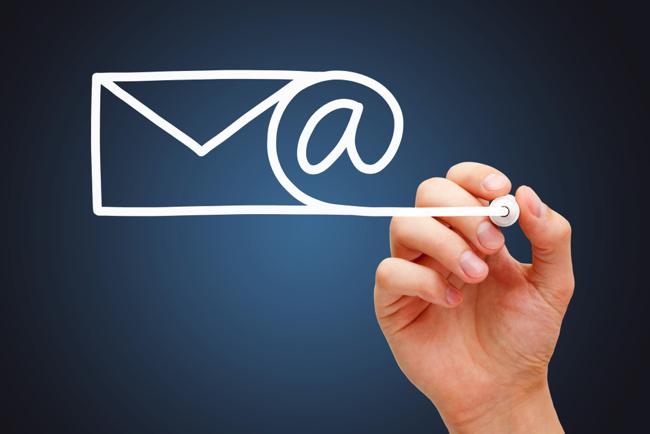
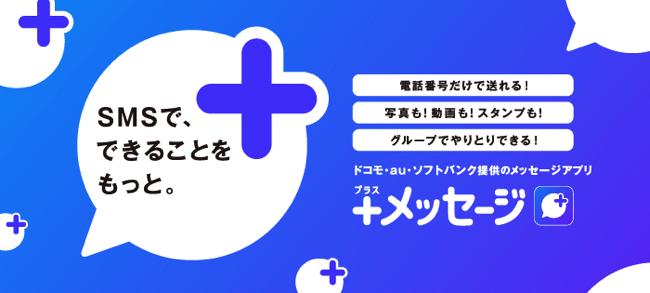
How to repossess a car if you don't know it's whereabouts ?: I sold a car to someone who is not making payments a ... http: //bit.ly/ezbz5P
— JackTheCarGuy Mon Jan 31 07:36:15 +0000 2011
Mr. Horin: That's right. Gmail is basically a system that receives all of them and sorts them into the junk mail folder. Some of the providers are doing "Subject:" with [MEIWAKU], but there is also a service that rejects reception (sorts junk mail) on the server. It is processed on the network side with the feeling that "This is an email from an unreliable place, so I will not receive it." There are many ways to do it, but I'm a little skeptical about whether I have a good career. At Softbank, "Email (i)" for iPhone was terrible for a while, but it stopped when I rejected all emails (i), and recently, even if I reverted to permission, it has not come much, so the filter is decent. I think I'm alive. Also, Softbank is an email that comes by MMS, and if the destination is multi, you can not report junk email. This can be considered single because of the email mechanism. Also, some carriers can create email addresses that are likely to be used for fraud.
Everyone: (laughs)
Mr. Horin: I think it's out when you can create such an email address. As a measure against unsolicited emails from carriers, you can see that there are quite a few differences in how to manage domain names and email addresses. Recently, fraudulent SMS has increased significantly, but DoCoMo and Softbank have announced that they will stop unsolicited SMS on the network side, and au has also announced their intention to do so.
Mr. Ishino: Well, it's like how much you use carrier email. I almost never send it myself.
Mr. Fusano: What kind of people use carrier emails and why?
Mr. Ishikawa: When I hear the story of the person who uses it, I receive information on supermarket special sales rather than interacting with friends ...
Mr. Ishino: I also use it to receive e-mail newsletters.
Ishikawa: I hear that many people don't want to quit.
Mr. Ishino: If you stop, you will be in trouble. You can change the destination, but it's just a hassle.
Mr. Horin: You probably used your carrier's email address to register for various services. It's true that some people can't change it. There is no choice but to change this steadily. There is no choice but to stop or change one by one.
I think it's pretty dangerous about unsolicited SMS. I often hear stories of elderly people clicking by mistake. It would be nice if it was skipped to an adult site and said "Thank you for registering as a member, it's 50,000 yen", but SMS means that you know the phone number. I think it's a bad idea if we don't take measures more seriously.
Mr. Ishino: That's right. I was wondering if there were people who were fooled by such emails, such as emails that arrived under the guise of entertainers, but when I sent a large number of emails, some people thought that they really got in touch with me and replied. So, it seems that you are aiming for such a place.
Mr. Fusano: That's terrible.
Mr. Horin: There are so many so-called special frauds that "I wonder if that will happen" when I see them introduced on TV. That's what the mobile phone industry has to do seriously, but it's not serious enough at all.
Can you take measures against annoying SMS that even people in the industry are likely to be deceived?
Mr. Ishino: Annoying SMS was about to be deceived by a writer in the industry. Will that person be deceived! I was shocked. After all, there are many unsolicited SMS.
Mr. Horin: Yeah, there are so many.
Mr. Ishino: If you sign up for a prepaid SIM overseas, you may get stupid. SMS is the mainstream overseas, and it has become MMS. There is a movement to use SMS for advertisements, for example, if you sign up for a SIM card in Macau, casino advertisements will come more and more. That's why spam SMS was common overseas, but in Japan it was rather junk mail. It seems that carrier mail has disappeared, it has become LINE, and it has become a + message, and recently, unsolicited SMS has become more noticeable.
Mr. Horin: I'm really wondering these days.
Mr. Ishino: There are a few.
Mr. Horin: After all, it may be that the efforts of the career are not enough, or the measures have not been established. I think it's better to do it a little more seriously in a situation that has been so alerted.
Mr. Ishino: In the case of SMS, it is not an email, so if you accidentally block it, the damage will be great. Because there is a part that can be mistakenly blocked as a communication service.
Mr. Horin: Even if you report and block annoying SMS from this phone number, it may happen that the phone number cannot be used when it is returned to the market many years later. Therefore, the carrier needs to deal seriously, such as catching the person who sent the unsolicited SMS thoroughly. If you send even one unsolicited SMS, you have to charge 100 million yen. You can really do that much. In October of last year, an SMS sent by creating the name "NTT DOCOMO Security Center" without permission reported damage of about 1,200 people and 100 million yen.
Ishikawa: That's right.
Mr. Fusano: There was a release in December of last year at IIJmio that identity verification is required even for SMS-compatible SIM cards.
Mr. Ishino: Even with the MVNO's SIM contract with SMS function, identity verification is obligatory. In the past, SIM with SMS function, whose identity verification was ambiguous, was distributed cheaply as a trial and was abused considerably. As a result, I felt like "Why didn't you verify your identity?" That's why the regulations were tightened.
SIM with SMS function and SIM that can not make calls are said by Mr. Fukuda (President and CEO Naohisa Fukuda) of Japan Communication, because the voice call charge was high, so as an alternative to SIM with voice, you can send SMS by removing only the call function. It seems that it was not made according to user needs. So, "It doesn't have to be separate." In fact, since the basic charge for voice wholesale has dropped, the significance of providing a SIM with SMS function has almost disappeared. Even if you add a voice call, the charge does not change much, so I think that SIM with SMS function will disappear.
Mr. Ishikawa: The tighter the security, the harder it is to use, so users will move away, but if we try to make it easier for users, there will be holes in the security, so I think it will be annoying.
Mr. Horin: I think there are many issues. Nowadays, two-step verification is increasing for safety, but the reason why we send the verification code is almost SMS. Under such circumstances, there are so many fraudulent SMSs flying around, but I wonder if it's okay. It seems that carriers are thinking about unifying the specifications of SMS sent to users, but is it really possible to operate it properly? Looking at the trends of each company, I'm pretty worried.
Mr. Ishikawa: Also, DoCoMo has stopped reissuing eSIM online.
Mr. Horin: At the docomo online shop, you can't shop from your computer right now.
Ishikawa: That's right, that's right. You cannot change the model unless you connect it to a DoCoMo line. I think these also have security issues.
The Ministry of Internal Affairs and Communications has repeatedly requested that it be easy to switch, and has said that eSIM and online support are also urgent. It's a side effect of that, and it neglects identity verification, and as a result, I feel that it's easier to be targeted by fraudulent groups. The carrier has always said, "I don't want to do eSIM because I'm worried about security." Since the Ministry of Internal Affairs and Communications has pushed it all the way through, I wonder if there are aspects of this situation.
Mr. Horin: DoCoMo has no choice but to support eSIM, but this time it will not adopt eSIM compatible terminals. It looks like it's gone from the beginning (laughs)
Mr. Ishino: Certainly, the Ministry of Internal Affairs and Communications has not told us to make the terminal compatible with eSIM.
……Continue!
Next time, we'll meet on topics where iPhone sales have reached record highs. Please stay tuned.
Takayuki Horin writes review articles for digital-related products such as smartphones, mobile phones, and personal computers, and commentary articles for beginners, focusing on Web media and magazines. He has written many books such as manuals. Opinion number of the mobile industry.
Atsushi Ishikawa After joining Nikkei Home Publishing Co., Ltd. (currently Nikkei BP), he became independent in 2003. He covers not only domestic carriers and manufacturers, but also Google and Apple. He appeared as a lecturer on NHK E-Tele "Hobby Doki! My First Smartphone". He is publishing an e-mail magazine "Smartphone Industry Newspaper (540 yen per month)".
Junya Ishino Joined Takarajimasha after graduating from Keio University. After becoming independent, he has been active in a wide range of media as a mobile journalist / writer. He has authored numerous books such as "Keitai Children" (Softbank new book) and "Easy to understand in one hour" (Mainichi Shimbun).
After being involved in editing mobile phone magazines at Asako Fusano Publishing, he became independent as a freelance writer in 2002. As one of the few female writers in the mobile industry, she writes in magazines and web media, focusing on introducing mobile devices from a female perspective.
 notebook-laptop
notebook-laptop